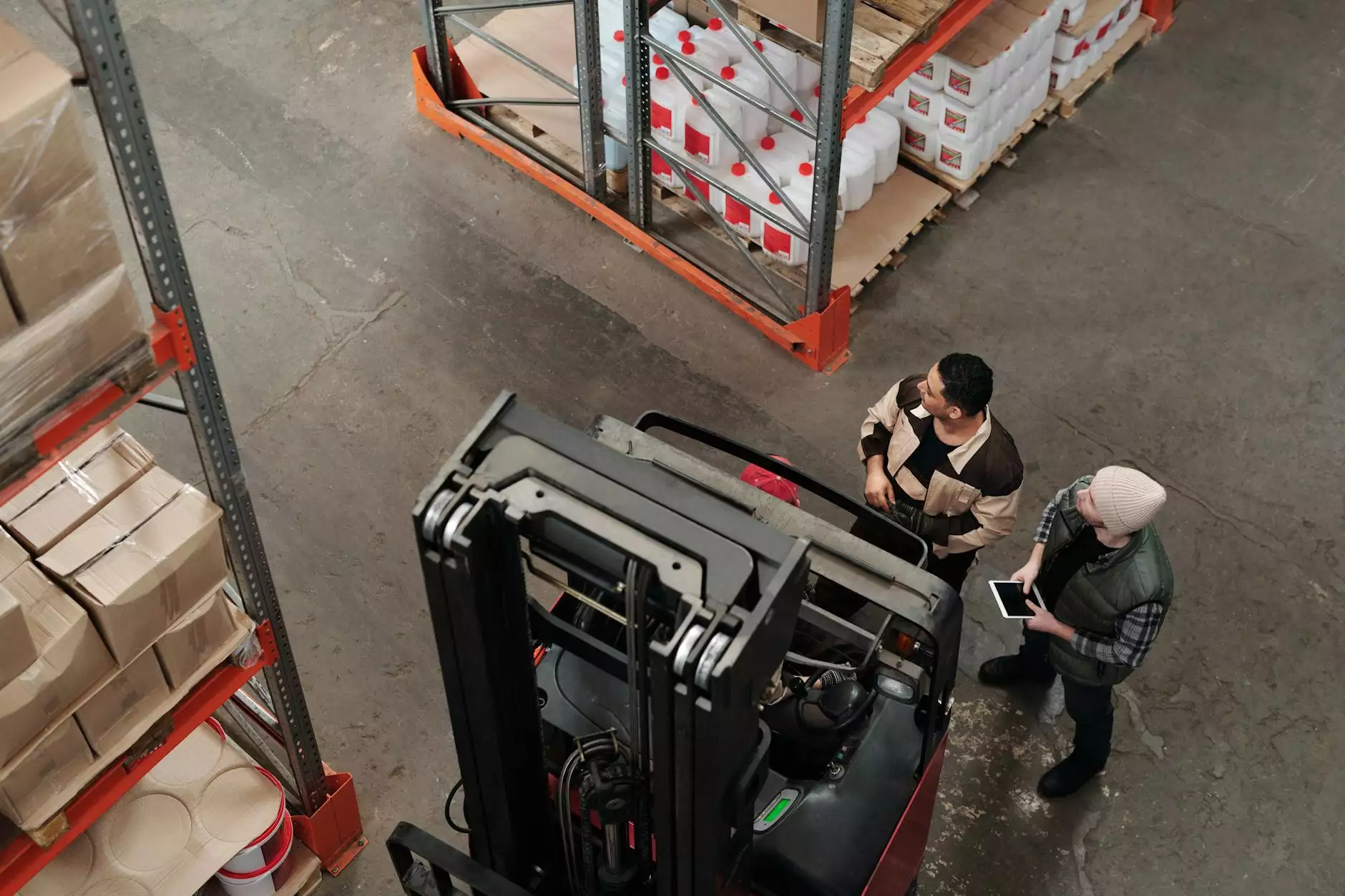The Intriguing World of Fake IDs: A Deep Dive into the Business Impact

In today's fast-paced society, the need for identification has become more crucial than ever. As businesses and individuals alike navigate the complexities of identity verification, the demand for fake IDs has surged. This article explores the multifaceted nature of this business, the legal and ethical considerations, and how platforms like LittyIDs.com are playing a pivotal role in this space.
Understanding Fake IDs: What Are They?
Fake IDs are counterfeit identification cards that mimic legitimate forms of ID, such as driver's licenses or government-issued IDs. While some may associate them with illegal activities, the reality is more nuanced.
Legitimate Uses of Fake IDs
People seek fake IDs for a variety of reasons, some of which may be more legitimate than others:
- Youthful Discretion: Many young individuals use fake IDs to gain access to age-restricted venues or purchase alcohol.
- Privacy Concerns: Some opt for fake IDs to maintain privacy in environments where their real identity should remain concealed.
- Role-Playing Events: Fake IDs are often used in theatrical performances or role-playing events where a character requires a specific identity.
The Business Landscape of Fake IDs
The market for fake IDs is both expansive and intricate. As the demand increases, various businesses emerge to cater to this need.
Online Providers vs. Traditional Markets
Traditionally, fake IDs were acquired from local sources or underground markets. However, the digital age has transformed this landscape:
- Online Platforms: Websites like LittyIDs.com provide a streamlined process for obtaining fake IDs with just a few clicks.
- Anonymous Transactions: Cryptocurrencies and other anonymous payment methods allow consumers to purchase IDs without revealing their identities.
- Enhanced Craftsmanship: Modern technology helps create highly realistic fake IDs, making distinguishing between real and fake increasingly challenging.
Legal Considerations Surrounding Fake IDs
While the market for fake IDs may thrive, it is crucial to navigate the legal implications:
Understanding the Law
Using or creating fake IDs is illegal in many jurisdictions. Individuals found in possession of a fake ID may face:
- Fines: Monetary penalties can be substantial, depending on the severity of the offense.
- Criminal Charges: In some cases, using a fake ID may result in criminal charges, leading to a criminal record.
- Loss of Privileges: Individuals may lose the right to obtain a legitimate ID in the future.
Staying Informed
It is essential for consumers to stay informed about the laws regarding fake IDs in their area. This knowledge helps mitigate risks and understand the potential consequences of using such products.
Choosing the Right Provider
For those considering the purchase of a fake ID, selecting a reputable provider is paramount. Here are some tips:
Evaluating Providers
- Research: Look for online reviews and ratings to gauge the reliability of a provider.
- Quality Assurance: Ensure that the provider uses high-quality materials and printing techniques.
- Customer Support: A responsive customer service team can help answer any questions or concerns, enhancing the buyer's experience.
The Ethical Debate
The purchase and use of fake IDs raise significant ethical questions. While some defend the right to privacy and self-expression, others emphasize the potential for abuse:
Arguments For and Against
- For:
- People should have the right to create and maintain their identities without government interference.
- Fake IDs can serve as a tool for marginalized groups to access services without judgment.
- Against:
- Fake IDs can facilitate illegal activities such as underage drinking and fraud.
- They can undermine the integrity of legitimate identification systems.
Innovations in the Fake ID Market
The rise of technology has led to innovations in the production of fake IDs, with many providers enhancing their offerings.
Advanced Techniques
Today's fake IDs often feature:
- Holograms: Similar to those found on government-issued IDs, providing a layer of sophistication.
- Microprinting: Fine details that are difficult to replicate enhance the authenticity of the ID.
- Biometric Data: Some fake IDs incorporate biometric features, mimicking real identification systems.
Social Media Influence
Social media has become a powerful tool in shaping perceptions of fake IDs.
Voicing Opinions
Many discussions revolve around the implications of using fake IDs:
- Peer Pressure: Young individuals may feel compelled to use fake IDs to fit in with their peers.
- Informed Choices: Social media platforms can help educate consumers about the risks and consequences associated with fake IDs.
The Future of Fake IDs
Looking forward, the landscape of fake IDs will likely continue to evolve. Factors influencing this change include:
Emerging Trends
- Increased Regulation: Governments may implement stricter regulations to combat the production and use of fake IDs.
- Technological Advances: Improvements in ID verification technology could lead to more sophisticated means of detecting fake IDs.
- Shifting Cultural Norms: Attitudes towards identity and privacy may continue to evolve, influencing the demand for fake IDs.
Conclusion: Navigating the Complexities of Fake IDs
The intriguing world of fake IDs encompasses both opportunities and risks. As businesses like LittyIDs.com operate within this niche, they must balance demand with legal and ethical considerations.
As the market continues to evolve, consumers, businesses, and lawmakers must engage in ongoing dialogue to understand the implications of fake IDs fully. Ultimately, navigating the complexities of identity will require a concerted effort from all stakeholders involved.
In summary, the fake ID industry presents not only challenges but also opportunities for discussion about identity in the modern world. By understanding the dynamics at play, individuals can make informed decisions that align with their values and the law.
fake ids'








